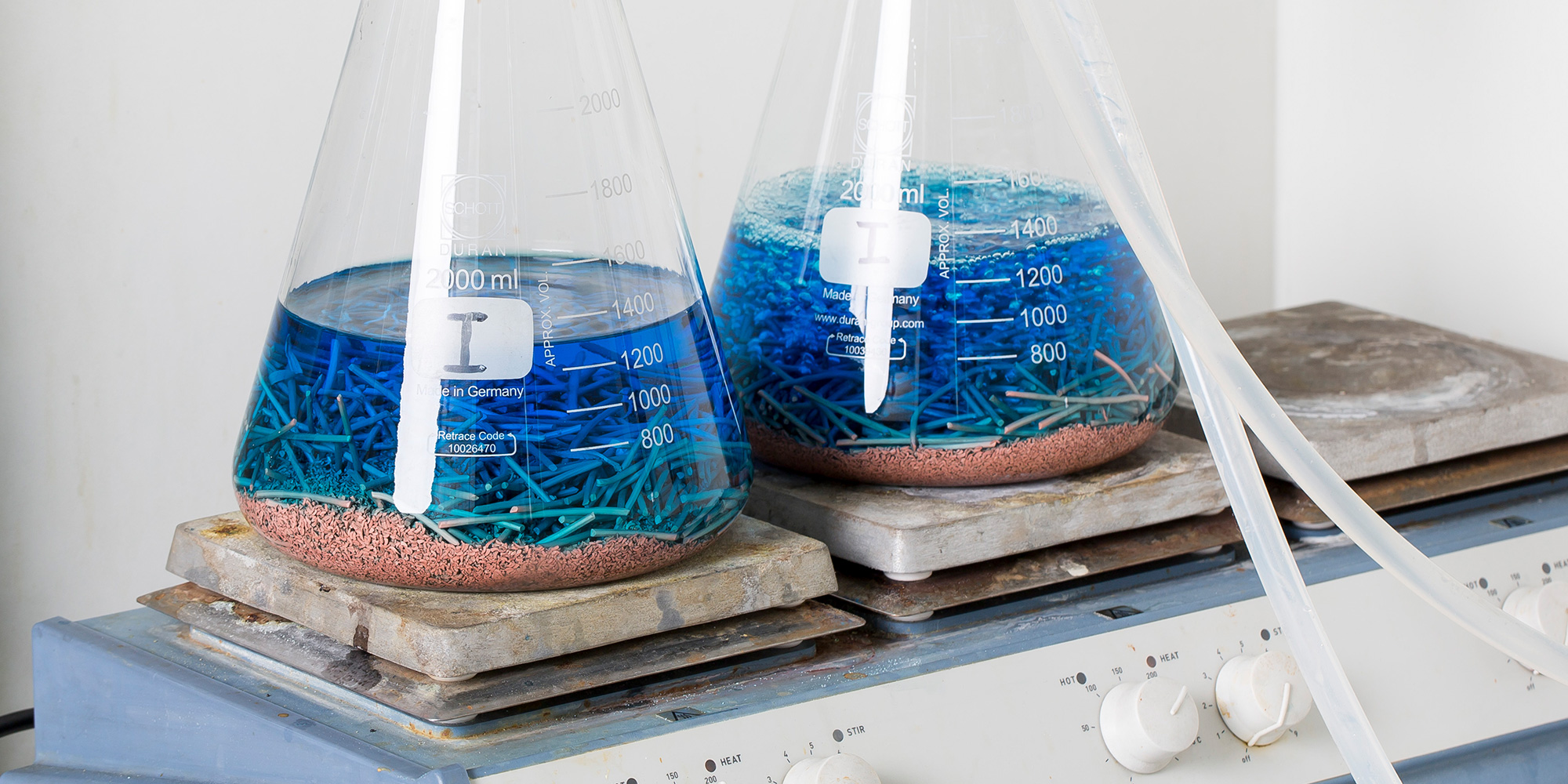GOST 9.308 Accelerated Corrosion Climate Chamber Test
The GOST 9.308 standard is a key method used to assess the resistance of materials and products in oil and gas operations to corrosive environments. This test simulates various harsh environmental conditions that are typical for oil and gas infrastructure, such as high humidity, temperature fluctuations, and exposure to aggressive chemicals like hydrochloric acid or sulfur dioxide.
The primary goal is to accelerate the corrosion process on materials in a laboratory setting to predict their long-term performance under field conditions. This test is particularly important for ensuring that materials used in pipelines, storage tanks, and other critical components of oil and gas facilities are robust enough to withstand operational stresses without degradation.
The GOST 9.308 test typically involves exposing specimens to a corrosive atmosphere within an environmental chamber. The chamber can be programmed to simulate different climates found in various regions where oil and gas operations occur, including tropical, arid, and marine environments. This allows for the evaluation of materials under conditions that would otherwise take years or decades to observe in the field.
The test setup includes a climate-controlled chamber capable of maintaining precise temperature and humidity levels, as well as the ability to inject corrosive gases into the environment. The specimens are placed inside this chamber, where they undergo exposure for defined periods. Afterward, the materials are inspected for signs of corrosion such as pitting, cracks, or changes in color.
One of the most significant advantages of GOST 9.308 is its ability to provide quick results compared to real-world testing. This allows manufacturers and engineers to make informed decisions about material selection earlier in the development process, reducing costly failures later on. Additionally, this test helps ensure compliance with international standards relevant to oil and gas infrastructure.
For R&D teams working on new materials or coatings for oil and gas applications, GOST 9.308 offers a critical tool for validating that their innovations will perform reliably under expected field conditions. It also supports procurement efforts by providing data to ensure the highest quality components are sourced from reliable suppliers.
- Temperature range: -25°C to +60°C
- Humidity range: 10% RH to 98% RH
- Gaseous pollutants: Hydrochloric acid, sulfur dioxide, carbon dioxide
Eurolab Advantages
Eurolab is dedicated to providing comprehensive and accurate testing services that meet or exceed international standards. Our GOST 9.308 Accelerated Corrosion Climate Chamber Test is no exception, offering several key benefits:
- Precision and Accuracy: Using state-of-the-art equipment and adhering strictly to the GOST 9.308 protocol ensures reliable results.
- Comprehensive Reporting: Detailed reports are provided that include not only visual observations but also quantifiable data on corrosion rates.
- Custom Solutions: We can tailor our testing to meet specific client requirements, whether it's for particular environmental conditions or material types.
- Expertise and Experience: Our team of highly skilled technicians and engineers has extensive experience in conducting this type of test.
Why Choose This Test
Selecting the GOST 9.308 Accelerated Corrosion Climate Chamber Test is essential for several reasons:
- Cost-Effective: By identifying potential issues early in the development process, this test helps avoid expensive repairs and replacements down the line.
- Time-Saving: The accelerated nature of the test allows for faster results compared to traditional field testing methods.
- Compliance Assurance: Ensuring that materials meet GOST 9.308 standards helps companies maintain compliance with relevant regulations and industry best practices.
- Risk Mitigation: Understanding how materials will perform under extreme conditions before deployment reduces the risk of equipment failures in operational environments.
Quality and Reliability Assurance
To ensure that our testing meets the highest standards, we employ rigorous quality control measures:
- Regular calibration of all instruments to maintain accuracy.
- Adherence to strict temperature and humidity parameters as outlined in GOST 9.308.
- Use of certified reference specimens for consistent testing results.
- Detailed documentation of each test run, including environmental conditions and observed outcomes.
We also participate in inter-laboratory comparisons to validate our methods against other reputable testing facilities. This ensures that the data we provide is reliable and can be trusted by industry stakeholders.





